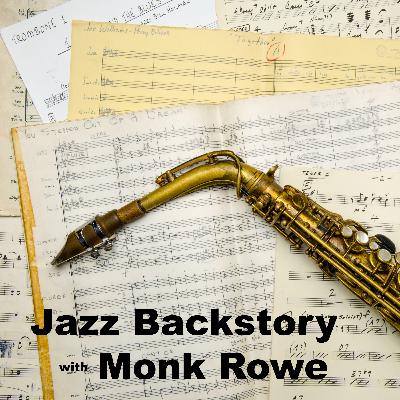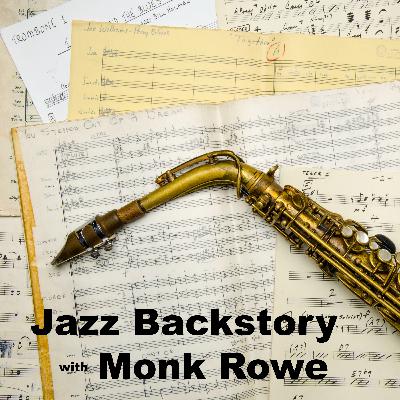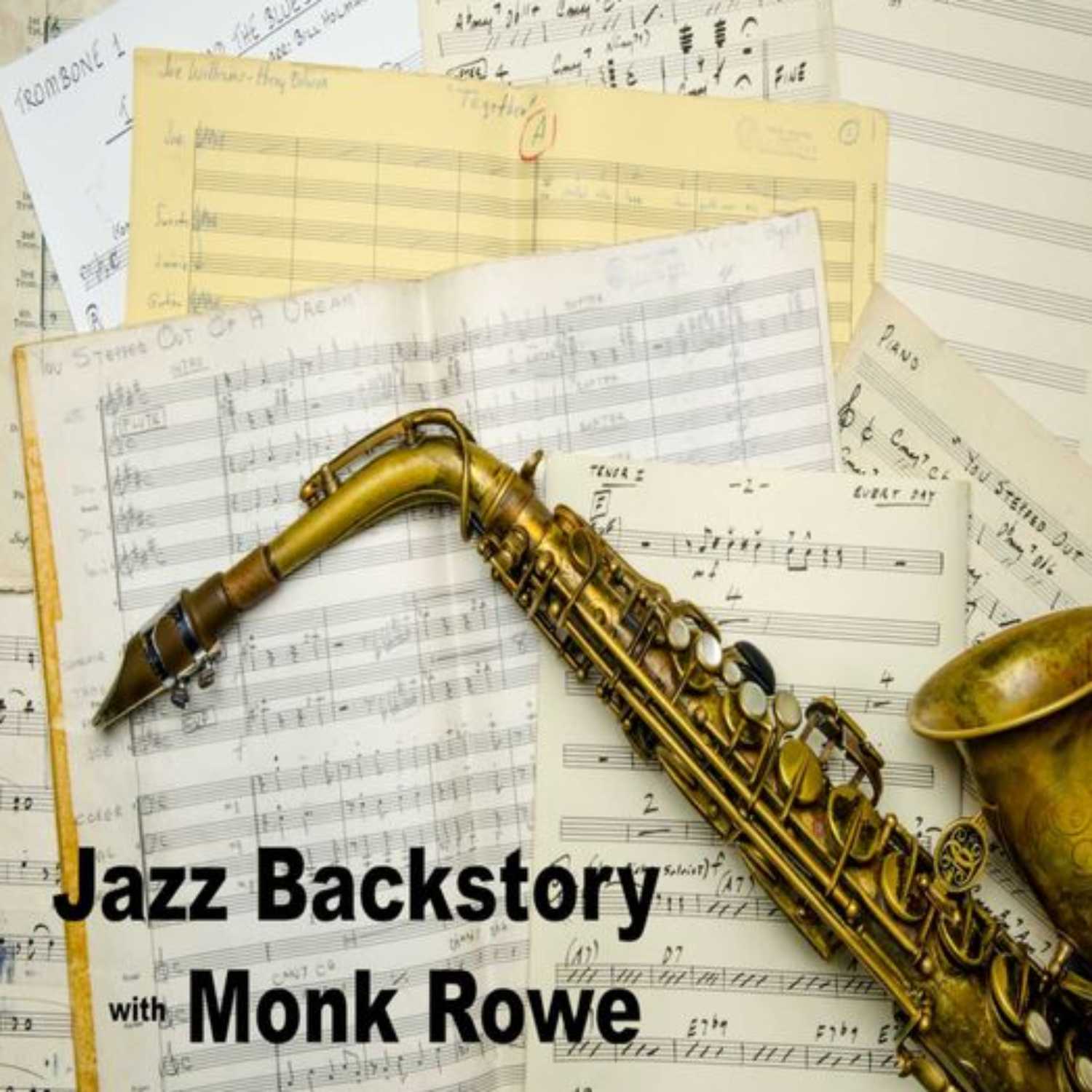Jazz Backstory
Description
The podcast series, Jazz Backstory, is based on the holdings of the Fillius Jazz Archive (https://www.hamilton.edu/campuslife/arts-at-hamilton/jazzarchive) located at Hamilton College (https://www.hamilton.edu/), in Clinton, New York. Established in 1995, and dedicated in 2013 in honor of Milton F. Fillius, Jr. ’44 and Nelma “Nikki” Nenneau Fillius, the Fillius Jazz Archive holds a collection of over 500 videotaped interviews with jazz musicians, arrangers, writers and producers. The wide-ranging collection includes interviews with sidemen, soloists and band leaders who have performed from the 1920s through the present. Jazz Backstory podcast episodes will feature interview excerpts focused on topics inherent to the creative life. Artists, both famous and unsung, relate these tales in their own jazz inflected vocabulary. Original music and commentary from the host help set the tone, both educational and swinging. Monk Rowe (https://www.monkrowe.com/), creator of the podcast series, Jazz Backstory, and the Joe Williams Director of the Fillius Jazz Archive, conducted the majority of the interviews and has presented programs about the resource at conferences for the Jazz Education Network, the Music Library Association, and the International Society of Music Educators. Monk co-authored with Romy Britell the book Jazz Tales From Jazz Legends on Hamilton’s Couper Press and created the edX online course, “Jazz: The Music, The Stories, The Players” in collaboration with members of the Library and Instructional Technology Services at Hamilton College. He is an active performer on saxophone and piano and has composed numerous works for both jazz and classical ensembles.










